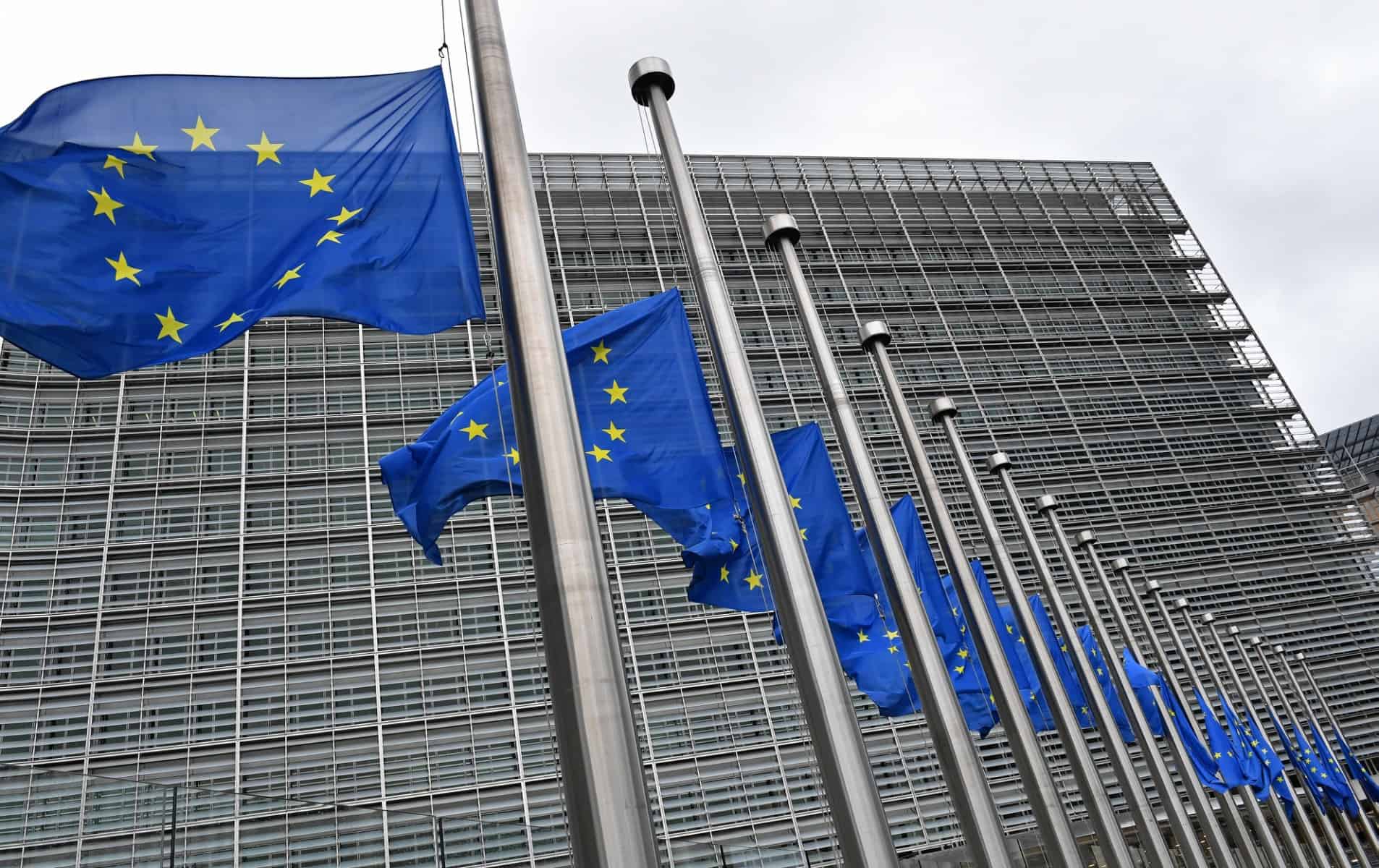Brussels, Belgium– EU ministers meeting in Brussels on Tuesday narrowed differences over a proposed cap on natural gas prices, but kicked talks on the issue into next week to finalise “technical” details.
They did agree two other measures to mitigate Europe’s energy crunch, on joint gas purchases and speeding up authorizations for renewable energy installations, but their adoption was contingent on the price cap being settled.
“I was hoping to open a Champagne today to celebrate the agreement. But apparently, we still need to keep the bottles in the fridge for a while,” said Czech Industry Minister Jozef Sikela, who chaired the meeting under his country’s EU presidency.
He told journalists, “Our aim is to approve all three items in a package on Monday,” when energy ministers next meet.
The issue is urgent because Europe has entered a bitingly cold winter with fewer energy options because Russia has reduced gas supplies in retaliation for EU sanctions imposed over its war in Ukraine.
Gas prices are high, albeit lower than during the middle of the year, spurring worries that European homes and businesses could face blackouts or unpayable bills, if not this winter then next.
Sikela indicated the initial gas price-cap proposal, drawn up by the European Commission, would be modified to bridge a division between the bloc’s member states.
Several EU countries, including France, Poland and Spain, criticised the commission proposal as being designed so the price cap could never be triggered.
The commission had suggested a price ceiling of 275 euros per megawatt hour, but only if the price remains above that level for at least two weeks, and then only if the price for liquified natural gas (LNG) goes above 58 euros for 10 days within that same two-week period.
Other EU countries including Germany, the Netherlands and Austria, viewed a too-rigid a price cap as a threat to supplies, carrying a risk that deliveries could be diverted from Europe to more lucrative markets in Asia.
Sikela said the price cap was “extremely sensitive” and had exposed a “fragile balance” in the European Union.
“Some of the countries believe that if we are wrong with the mechanism, it can basically cause like a much bigger problem that we want to prevent,” he said.
Some of those in favour of a viable price cap stressed the need for swift agreement.
“The time for consultation has run out,” the Italian minister for European affairs, Raffaele Fitto, said as he went into the meeting.
“European citizens are in agony, European businesses are closing…. All of us must heed to our responsibilities and agree without delay on the market correction mechanism and energy solidarity.”
EU leaders holding a summit in Brussels on Thursday had the option of taking up the issue themselves, but Sikela said that so far “nobody asked for it”.
He added: “We simply agreed that we will deal with the topic and we will finish the topic on Monday.”








